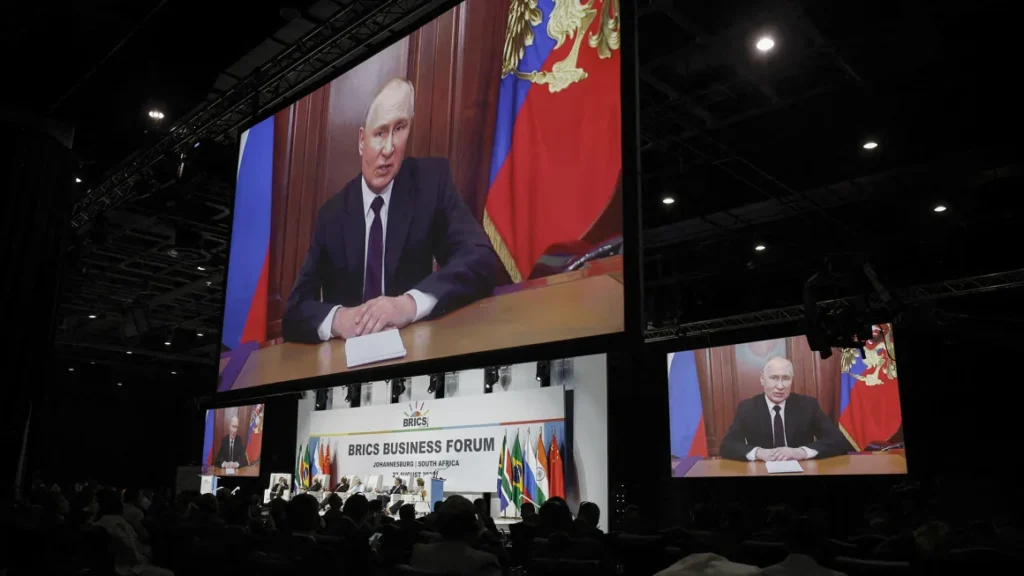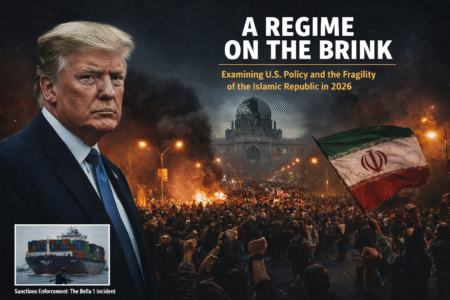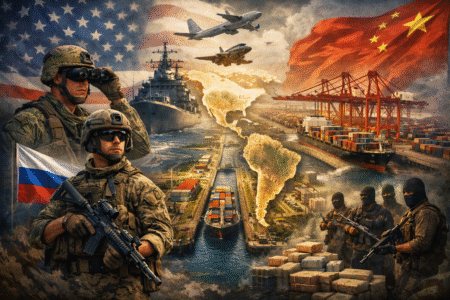
Gist
- Russia highlights BRICS’ expanding influence
- BRICS partners urge Putin to pursue peace in Ukraine
- Putin outlines terms for potential ceasefire
- BRICS nations represent 35% of the global economy
- Summit takes place alongside IMF and World Bank meetings
KAZAN, Russia, Oct 22 (Reuters) – Russia aims to use the BRICS summit as a platform to demonstrate the rising influence of non-Western nations. However, Moscow’s key partners—China, India, Brazil, and nations from the Arab world—are urging President Vladimir Putin to seek a resolution to the conflict in Ukraine.
The BRICS bloc, which represents 45% of the global population and 35% of the world economy (based on purchasing power parity), draws much of its economic weight from China. Addressing reporters from BRICS countries, Putin stressed that the group is not in opposition to any nation but reflects a changing global order.
“BRICS operates on shared values, a common vision of development, and mutual respect for each other’s interests,” Putin said, downplaying geopolitical friction.
The summit coincides with major global financial meetings in Washington, taking place amid ongoing wars in Ukraine and the Middle East, concerns over China’s slowing economy, and uncertainty surrounding the U.S. presidential election, which could trigger new trade disputes.
Putin Rules Out Surrendering Seized Ukrainian Territories
Putin, who launched the Ukraine invasion in 2022 after years of conflict in eastern Ukraine, fielded questions from BRICS reporters about the possibility of a ceasefire. He made it clear that Russia would not relinquish control of the four Ukrainian regions it has annexed, even though some areas remain outside Russian control.
He emphasized that any agreement would need to address Russia’s long-term security concerns in Europe.
While speculation about a potential ceasefire is growing in Moscow, two sources familiar with the matter said no concrete agreement is yet in place. Many observers are waiting to see how the outcome of the U.S. presidential election on November 5 will shape future diplomatic efforts.
Source: Reuters






